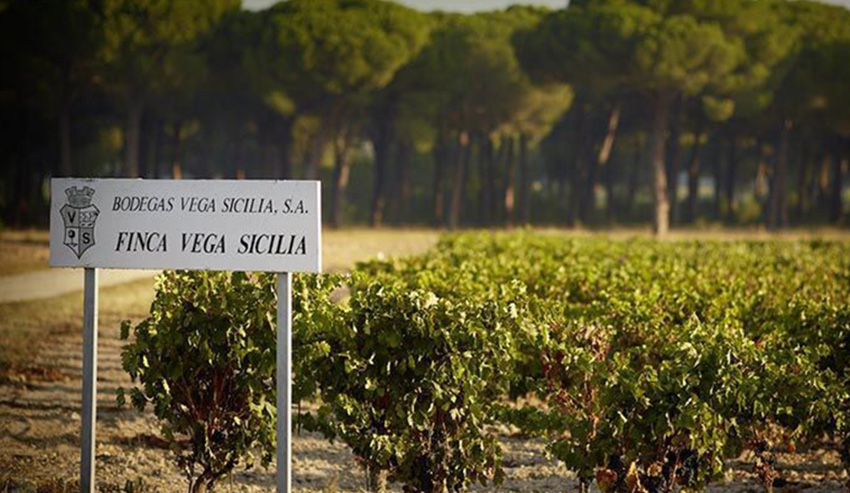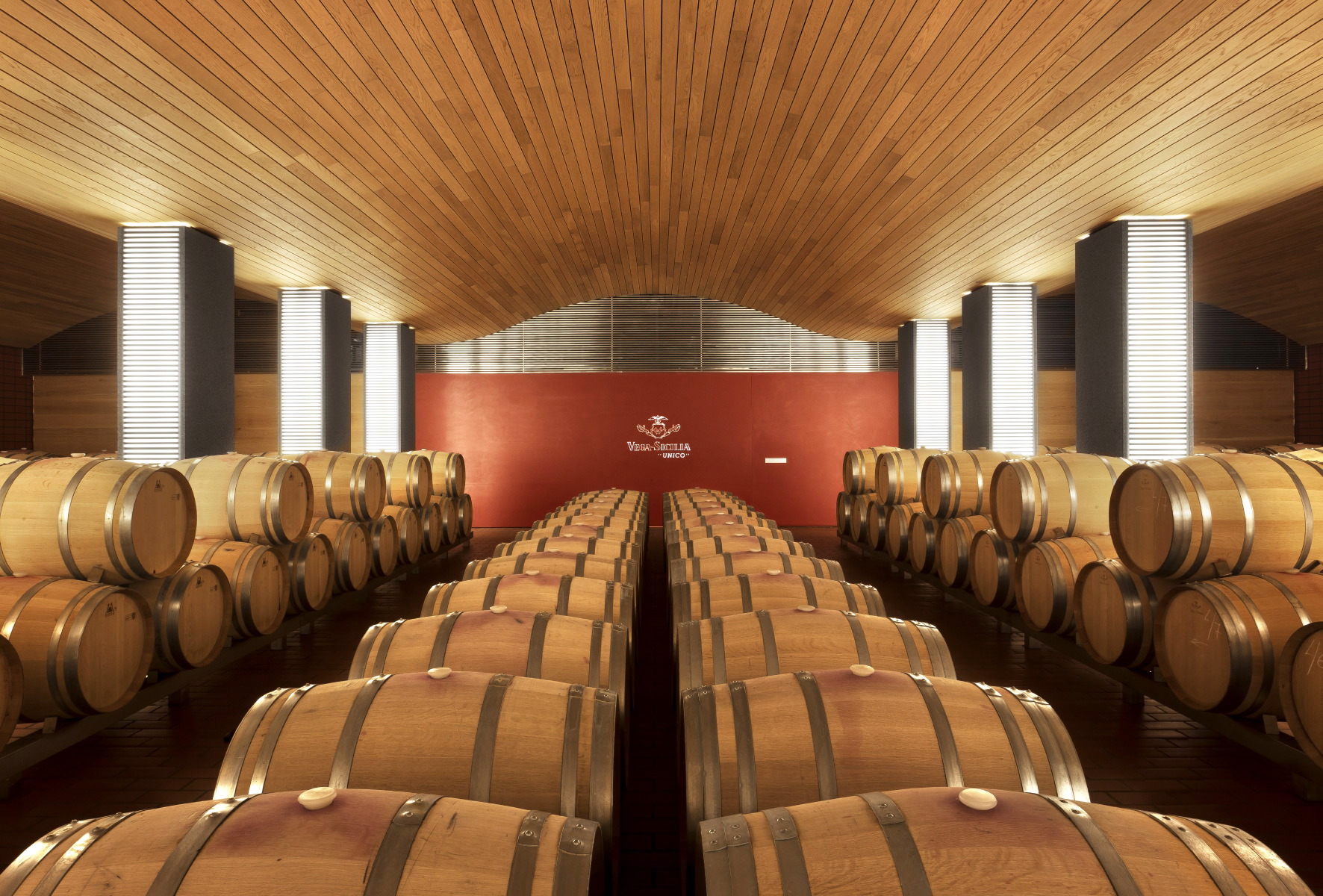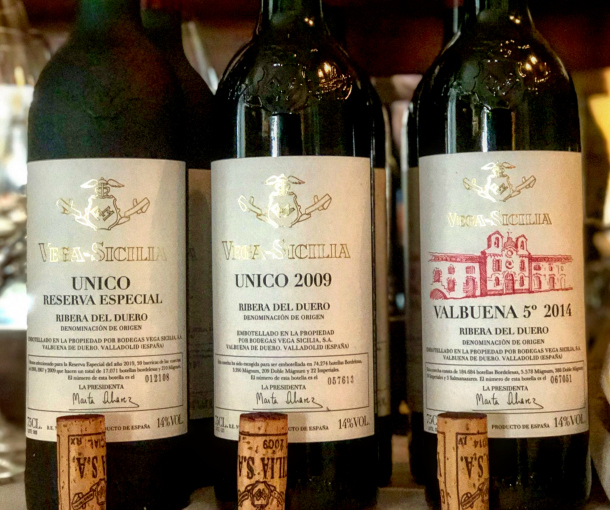
April 15, 1982 was a historic day for the world of wine. That day, David Álvarez and the Venezuelan businessman Hans Neuman closed, in the Zalacaín restaurant, one of those agreements that are already part of popular culture: the sale for more than 450 million pesetas of the legendary Vega-Sicilia, a winery on the banks of el Duero with more than a century of history. Julio Iglesias himself has said that at some point they also offered it to him. But he didn’t end up buying it. Pablo Álvarez was then the next generation of the family who, in 1985, at just 31 years old, would take over the reins of the business.
The 40-year celebration of Vega-Sicilia catches its peak at an enviable moment, with the firm being a true benchmark of luxury and diversifying purchases with prestigious wineries: Alión, Oremus, Pintia, Macan and Benjamin de Rothschild in Rioja amongst others.
However, in the beginning, not everything was that easy. "If Vega-Sicilia were born today, without apologies or mythifications, we would appreciate a wine of good colour and body honestly aged and of a responsible vintage, but that in a tasting would be lost among the 15 best Spanish reds, which is enough", wrote the critic José Peñín in the mid-1980s. Added to this was the story of David Álvarez, owner of Eulen —an expert company in logistics, security, cleaning and maintenance, for which they were viewed with suspicion by the wine families of the time.

It is true that when they came from abroad they knew they had no experience in wine, but they learned from the people at the winery, and these businesses are sometimes so closed-off to the outside that one can lose perspective of what you see from the outside and the David Álvarez instilled a new perspective to revive the winery and take it to new levels.
That was positive because they approached the world of wine by observing and seeing what worked. Álvarez instilled a way of working in which respect for nature, the recovery of old vines and a commitment to excellence were not yet the norm for the great Spanish houses. And always with a policy of quotas and sales restricted to customers. They are called “Kabuki" or "El Corte Inglés". They have never sold more than what the vineyard could produce, around 200,000 bottles per vintage. Thus preserving their identity and quality. What they have achieved though, is being in more countries. They have gone from the five they originally had to now being in more than 150.
ç

Every year there is three times more demand than supply. And the number multiplies, as does the price of their bottles. A Vega-Sicilia Único Especial in the 1980s was worth 5,000 pesetas (about 30 euros in exchange), which can now be found in an online wine store like Lavinia for no less than 400 euros. Wines like Único 2007 were served during Barack Obama's visit to Cuba for the first time, entertained by Raúl Castro at the Palace of the Cuban Revolution
Primum Familiae Vini is an association made up of 11 of the most important winery families in the grape empire, where they play a determining role. It can only be accessed by invitation and unanimously, they must be centuries old, have their own vineyards and excellent quality wines. Among them, in addition to Vega-Sicilia, are Marchesi Antinori, from Italian Tuscany, founded in 1385, with 26 generations behind it; Pol Roger champagne, created in 1849; Baron Philippe de Rothschild, from the Bordeaux region and Bodegas Torres, the other Spanish producer, which appeared in 1870.
The events planned to celebrate these 40 years range from a meeting of its main distributors and importers around the world to a tasting called "40 Magnums for 40 years", with the best magnums from Vega-Sicilia (Único, Valbuena and Reserva Especial) at Celler de Can Roca. In addition to the launch of a limited edition box with seven wines from Tempos Vega Sicilia, the business conglomerate has brought together all the satellite wineries from Ribera del Duero.
Álvarez continues to see himself at the top, but he thinks that you have to know how to retire on time. At your best. That's important, even if it's sad. He is currently looking for someone to carry the baton forward, but he’s not in a rush.